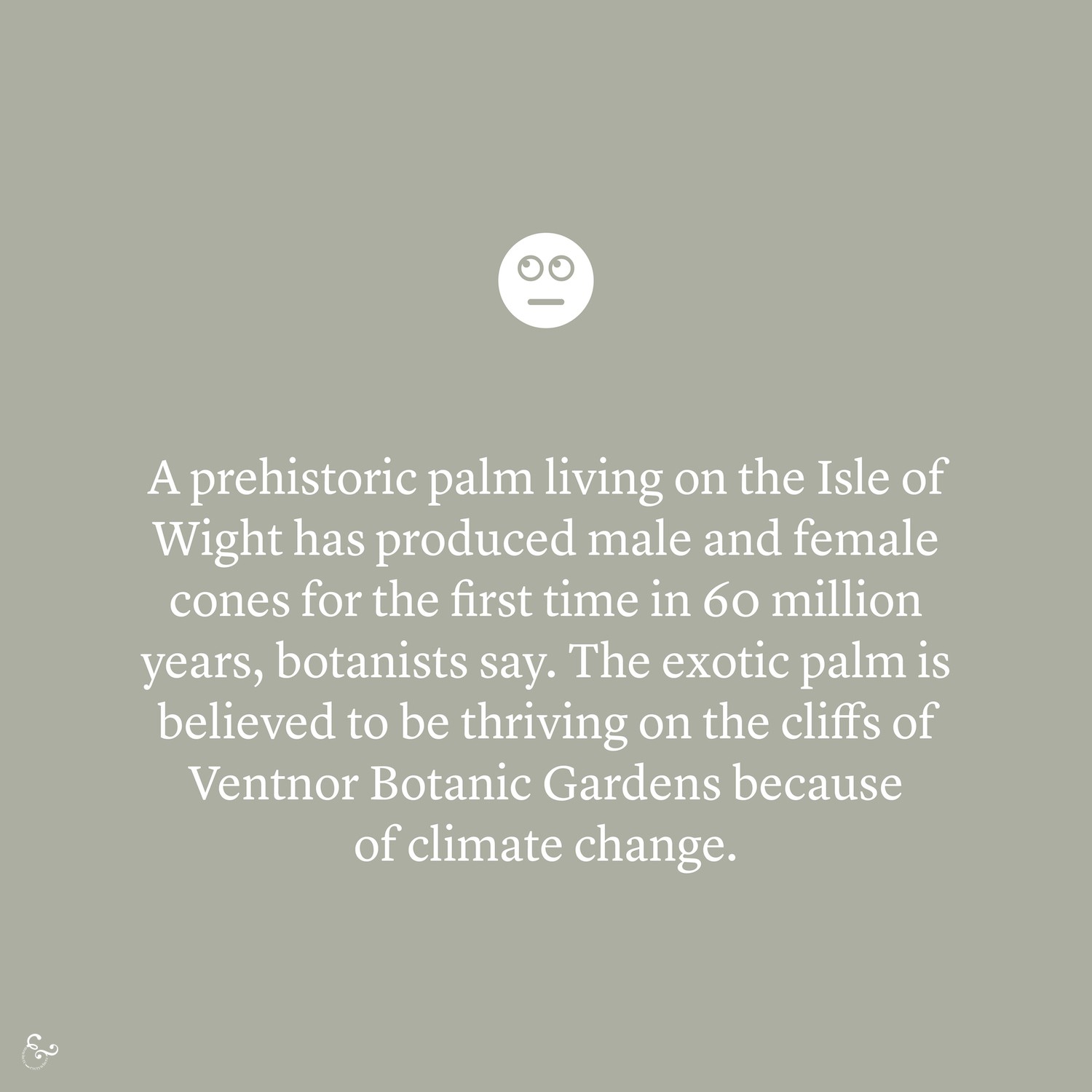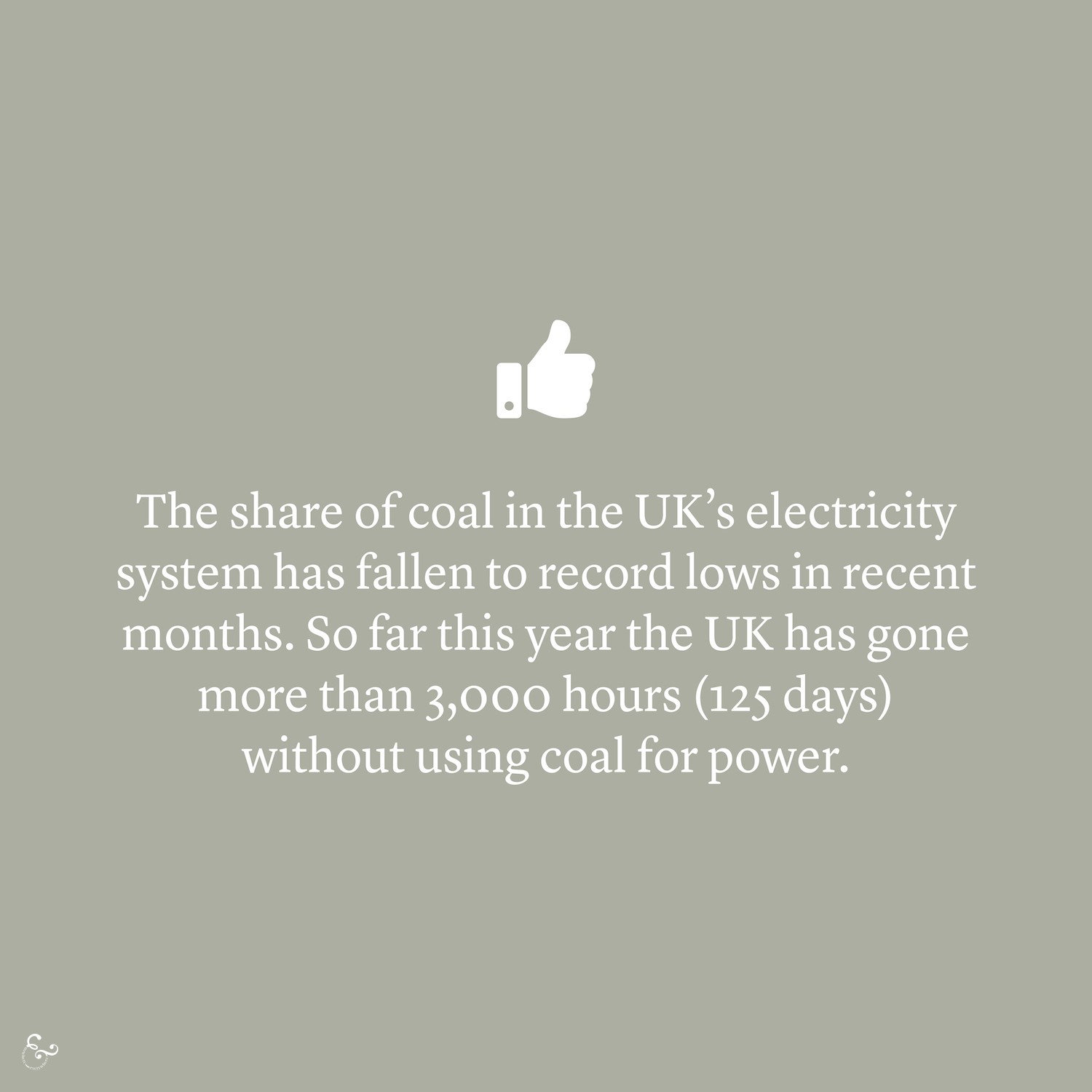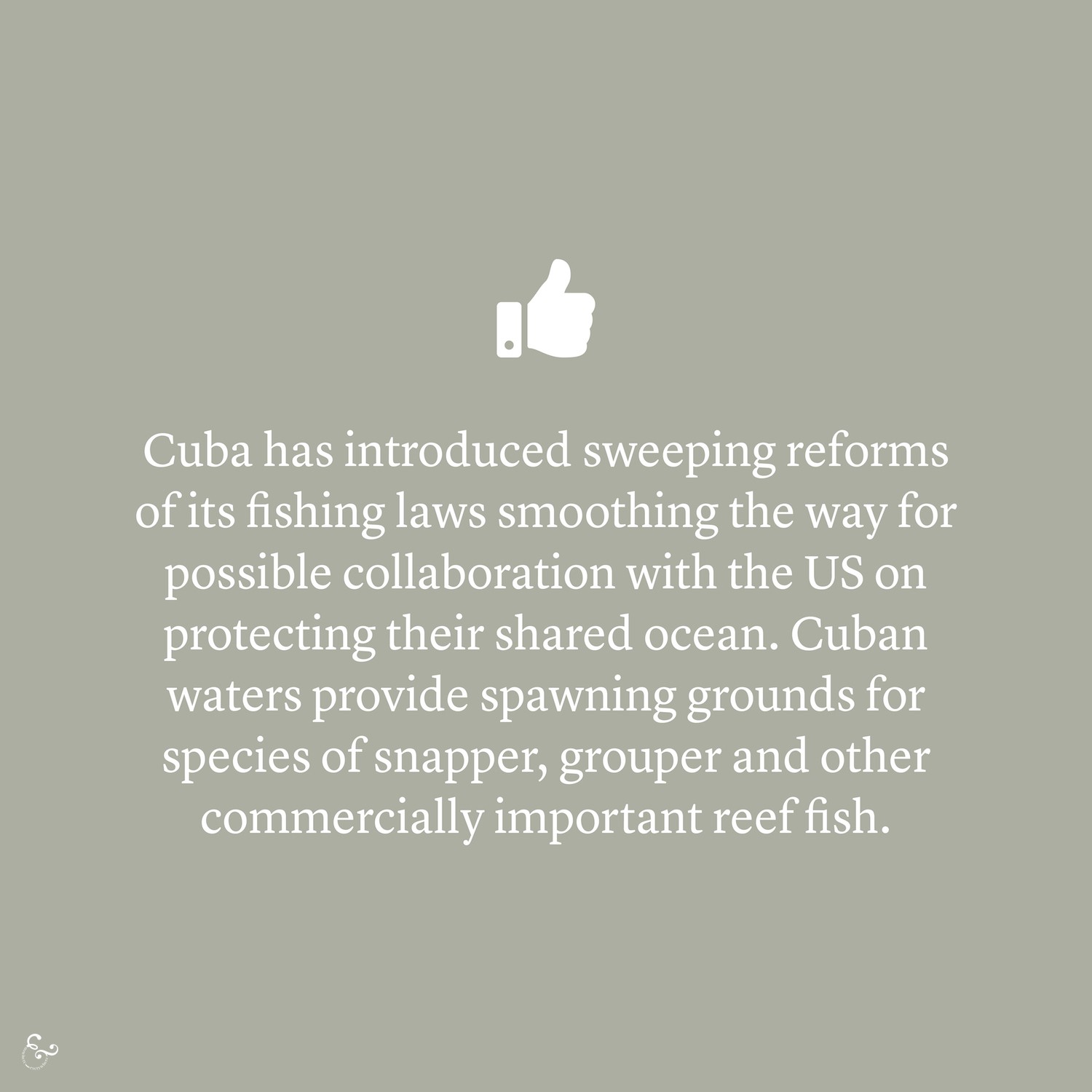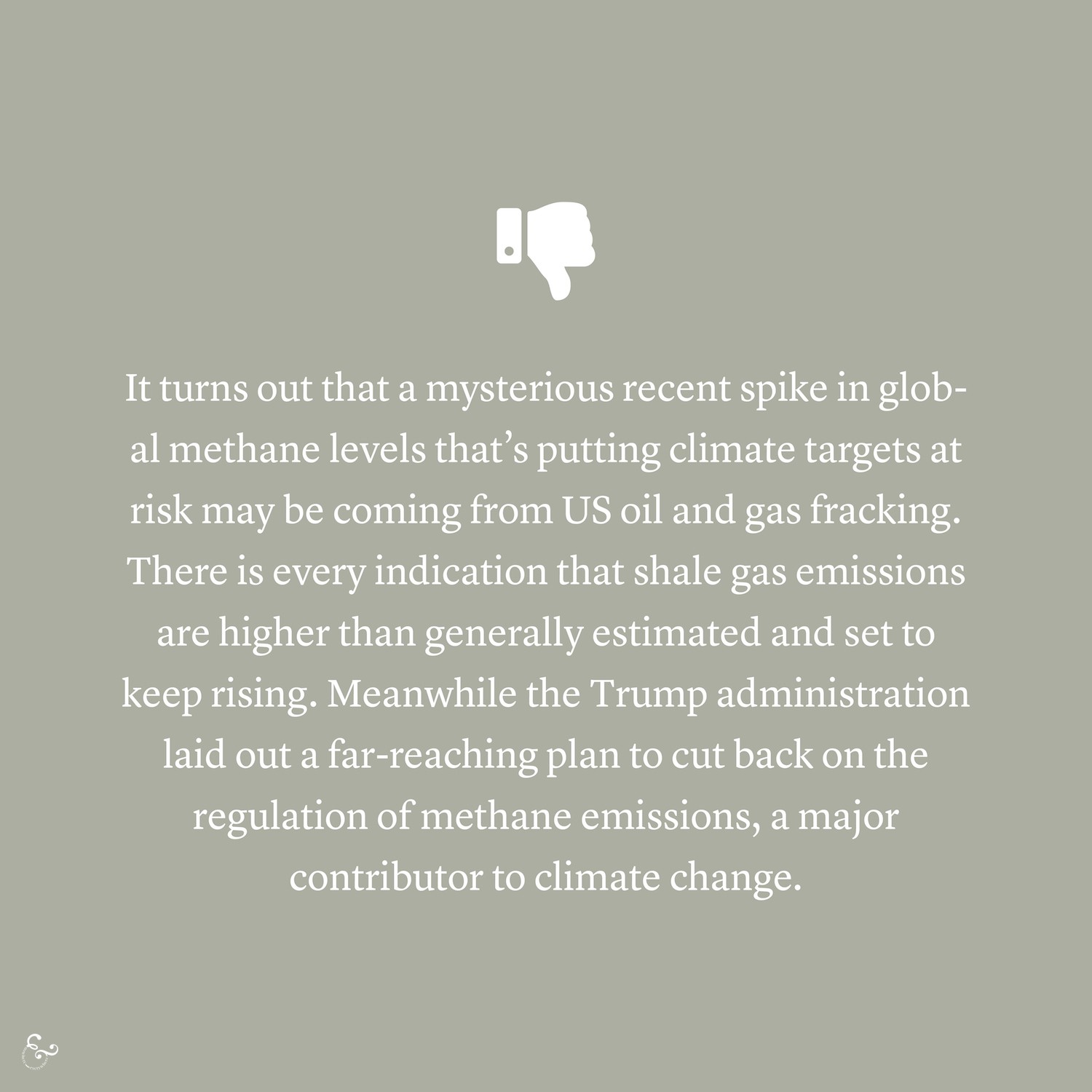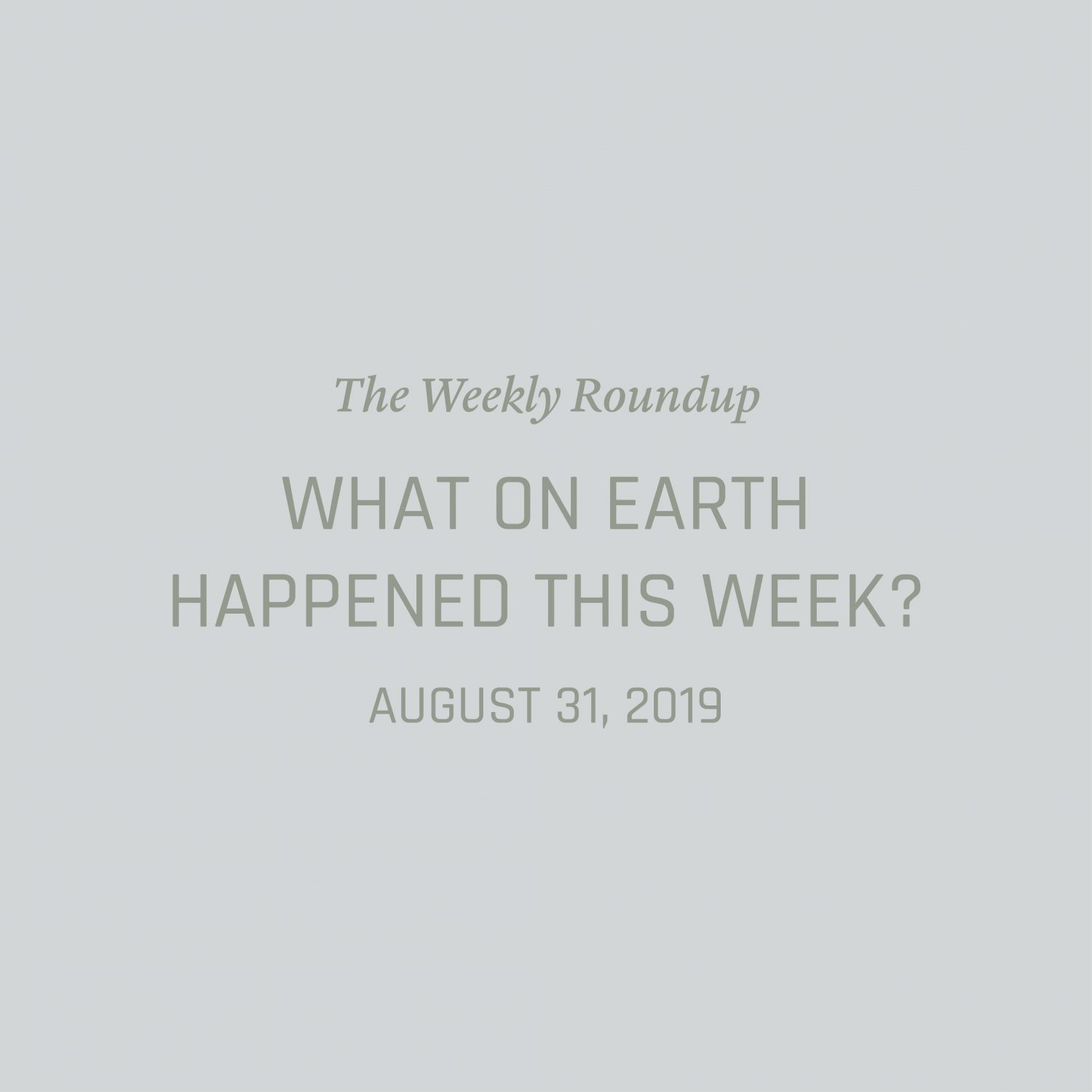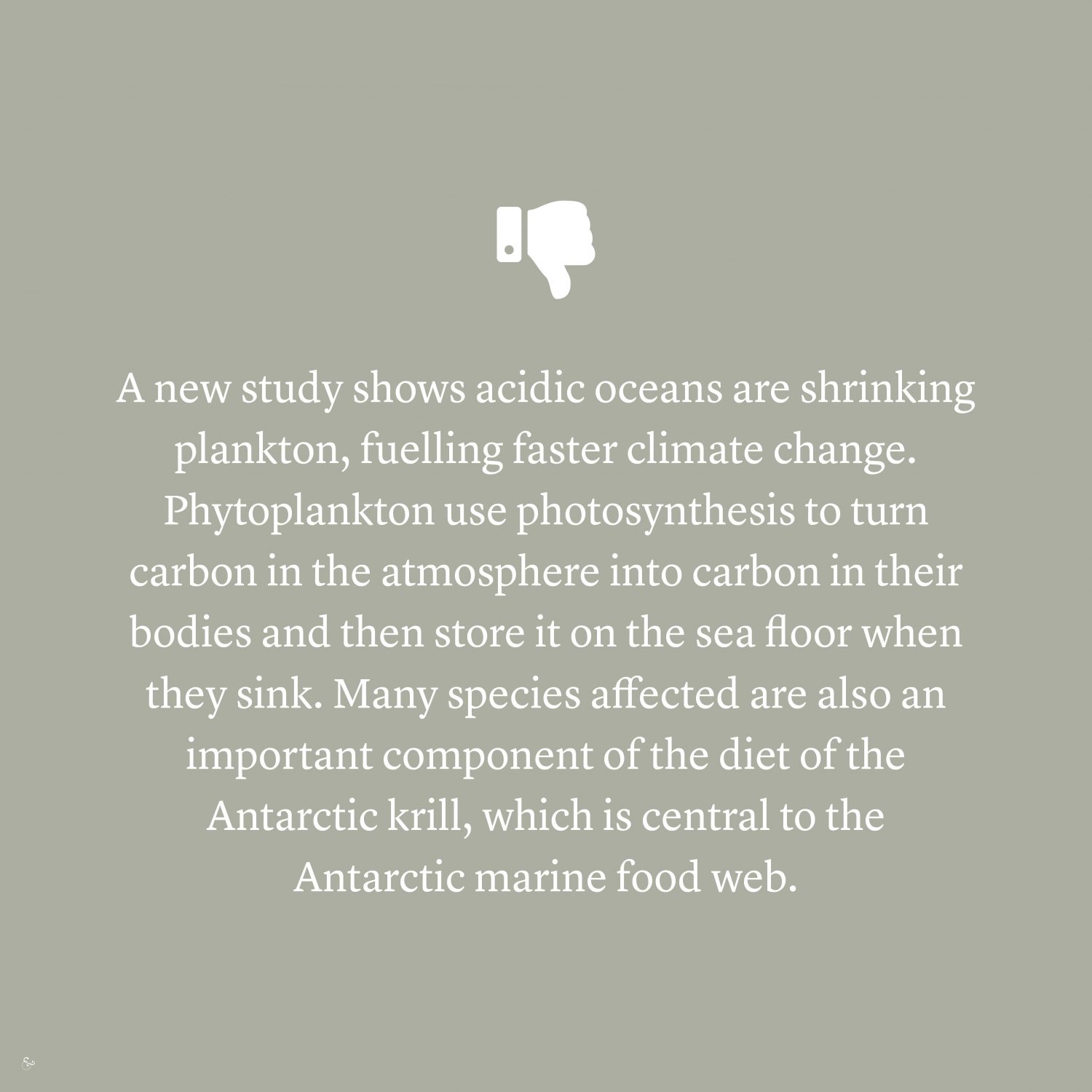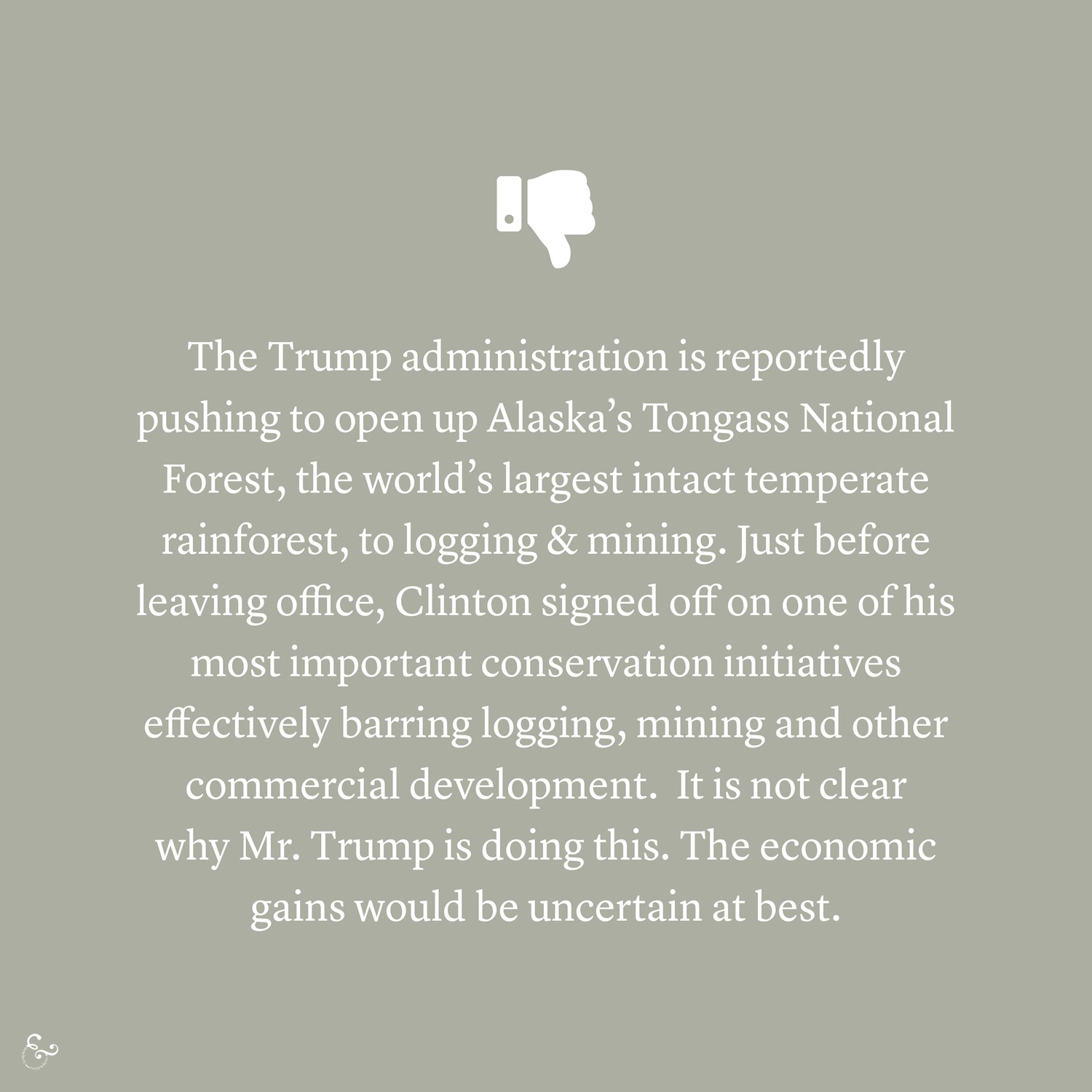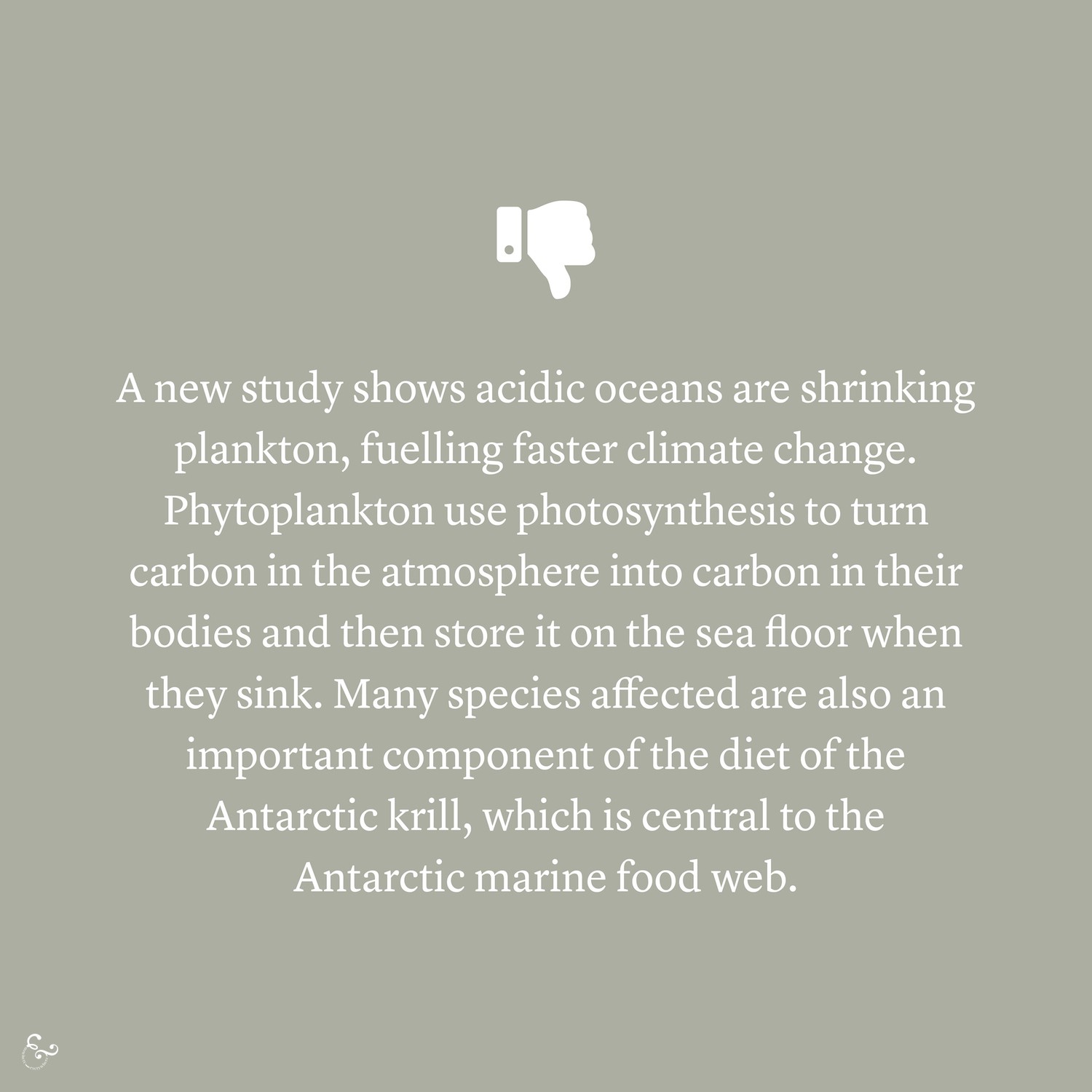USA / Deforestation
1/ The Trump administration is reportedly pushing to open up Alaska’s Tongass National Forest, the world’s largest intact temperate rainforest, to logging, mining, and energy extraction. Just before leaving office, Bill Clinton signed off on one of his most important conservation initiatives. Known as the Roadless Rule, it effectively barred logging, mining and other commercial development on more than half of Tongas meaning that just about all the forest would be protected, since Congress had already designated most of the remainder as permanent wilderness. It is not clear why Mr. Trump is doing this, apart from wanting to make Alaska’s Republican leaders happy. The economic gains would be uncertain at best. (Washington Post / Slate / NYT)
World / Climate Change
2/ Unless there are serious cuts to man-made greenhouse gas emissions, at least 30 per cent of the northern hemisphere’s surface permafrost could thaw within just 80 years. The findings come from the UN’s Intergovernmental Panel on Climate Change (IPCC) and is a “special report” on oceans and the Earth’s frozen zones. The damage caused by catastrophic “superstorms” combined with rising sea levels could increase by a hundred-fold or more, displacing hundreds of millions of people from coastlines around the world. The draft report is fourth to call for radical action to tackle environmental disaster. (Independent)
UK / Conservation
3/ The UK is failing to meet its international obligations to protect its most important wildlife sites and vulnerable species, and now lags behind most other EU countries on key criteria. The draft data show 82% of the UK’s designated habitats to be in “bad” or “poor” condition, unchanged from the last reporting period of 2007-12. The percentage in a “bad” state was 71%, compared with 36% in Germany and 32% in France. The report also shows 64% of species assessed as being in either “bad”, “poor” or “unknown” condition, up from 57% in 2007-12. (The Guardian)
World / Oceans
4/ A new study shows acid oceans are shrinking plankton, fuelling faster climate change. Phytoplankton use photosynthesis to turn carbon in the atmosphere into carbon in their bodies. Many species affected are also an important component of the diet of the Antarctic krill, which is central to the Antarctic marine food web. (The Conversation)
USA / Climate Change
5/ The Trump administration laid out a far-reaching plan to cut back on the regulation of methane emissions, a major contributor to climate change. The Environmental Protection Agency’s proposed rule aims to eliminate federal requirements that oil and gas companies install technology to detect and fix methane leaks from wells, pipelines and storage facilities. E.P.A. officials said the new methane rule, which would replace one from the Obama administration, is a response to Mr. Trump’s calls to trim regulations that impede economic growth. By some estimates, methane has 80 times the heat-trapping power of carbon dioxide in the first 20 years in the atmosphere. (NYT)
China / Deforestation
6/ Forests in South China have been increasingly replaced by monoculture eucalyptus plantations grown for wood fibre for the pulp and paper industry. Even forests under official protection haven’t been spared. “Eucalyptus is bad news. It is allelopathic so it is difficult for other things to grow under it because it basically makes the soil toxic, and then it has huge water consumption. So the footprint of it can be much wider than the plantation itself. It is an ecological wasteland, basically.” (Mongabay)
Australia / Oceans
7/ The outlook for the Great Barrier Reef has deteriorated from poor to very poor according to an exhaustive government report that warns the window of opportunity to improve the natural wonder’s future “is now”. The report published every five years, finds coral reefs have declined to a very poor condition and there is widespread habitat loss and degradation affecting fish, turtles and seabirds. It warns the plight of the reef will not improve unless there is urgent national and global action to address the climate crisis. Other major threats include farming pollution, coastal development and human use, such as illegal fishing. A separate report card on the condition of inshore reefs released by the federal and state governments rated their condition in 2017-18 as a “D”, largely due to poor water quality driven by land management practices including farming. “Overall, there is very little good to report whatsoever”. (The Guardian)
Australia / Climate Change
8/ Australia’s greenhouse gas emissions continue to rise despite the government claiming it is taking “sensible, responsible action” to address the climate crisis. Total national emissions have increased each year since the government abolished a national carbon price in 2014. The report shows emissions increased in most parts of the economy. Government projections showed emissions were expected to increase until 2030 under current policies. (The Guardian)
USA / Climate Change
9/ It turns out that a mysterious recent spike in global methane levels that’s putting climate targets at risk may be coming from US oil and gas fracking. If that’s true, it’s bad news, because there’s lots more shale gas development in the pipeline and the Trump administration has proposed a rule rolling back regulations on the industry. There is every indication that shale gas emissions are higher than generally estimated and set to keep rising. The industry seems poised for enormous expansion. (Vox)
The good news…
World / Animals
10/ A number of species have been given extra protections at the CITES conference. Nine animals received increased protections from international trade, and more than 130 species won protections for the first time at a two-week summit. Countries have agreed to strengthen protections for 18 threatened species of sharks and rays. A demand for shark fin soup is one of the driving factors in the depleting numbers of sharks in the ocean. Although 102 countries voted in favour of the move, 40 – including China, Iceland, Japan, Malaysia and New Zealand – opposed it. Two popular otter species will also be banned for trade. Giraffes are receiving some new protection. The new CITES listing won’t ban the trade in giraffe parts, but it will for the first time provide critical measures to track and trace this trade, which in turn should produce the data needed to further protect this imperiled species in the future. A near-total ban on taking baby African elephants from the wild and selling them to zoos has also been approved. The exotic pet trade is putting an increasing strain on dozens of threatened species.(BBC / National Geographic / The Guardian / BBC 2 / Mongabay)
Cuba / Oceans
11/ Cuba has introduced sweeping reforms of its fishing laws in a move seen as smoothing the way for possible collaboration with the US on protecting their shared ocean. Cuban waters provide spawning grounds for species of snapper, grouper and other commercially important reef fish in the US. Maintaining healthy numbers of bonefish, a lucrative game fish in south Florida, for example, depends on protecting the species in Cuban waters. The reforms are Cuba’s first major overhaul of fishing laws for more than 20 years and a major step for preservation of some of the world’s most important marine ecosystems. (The Guardian)
UK / Climate Change
12/ The share of coal in the UK’s electricity system has fallen to record lows in recent months, according to government data. The amount of coal used to power the electricity grid fell by almost two-thirds compared with the same months last year. So far this year the UK has gone more than 3,000 hours (125 days) without using coal for power – nearly five times more than the whole of 2017. (The Guardian)
Other notables…
- A prehistoric palm living on the Isle of Wight has produced male and female cones for the first time in 60 million years, botanists say. The exotic palm is believed to be thriving on the cliffs of Ventnor Botanic Gardens because of climate change. (Independent)
- Colorful tropical fish like butterfly fish and scrawled filefish are being spotted in northern Canadian waters as the climate crisis escalates. (Independent)
- Sparsely populated East Kalimantan province on the island of Borneo, known for rainforests and orangutans, will be the location of Indonesia’s new capital. The current capital, Jakarta is heavily polluted, overcrowded and predicted to run out of water by 2040. Much of the city is sinking and is prone to floods and earthquakes. (ABC)
- The New Zealand government has banned tourists from swimming with bottlenose dolphins in an attempt to save the struggling species. (The Guardian)
- Greta Thunberg arrived in New York, stepping on to dry land after crossing the Atlantic in a zero-carbon yacht with a passionate message to tackle global heating. Her vessel had been welcomed by a flotilla of 17 sailing boats, each with one of the 17 sustainable development goals written on their sails. (The Guardian)
- People must use less transport, eat less red meat and buy fewer clothes if the UK is to virtually halt greenhouse gas emissions by 2050, the government’s chief environment scientist has warned. (BBC)
- The City of Cape Town, along with the Shark Spotting Programme have for the last 18 months been monitoring the now complete disappearance of great white sharks from False Bay. Between 2010 and 2016, spotters recorded an average of 205 white shark sightings per year. This year there has not been a single confirmed white shark sighting by the spotters. Further supporting evidence of the absence of these large apex predators is the lack of any feeding or bite marks on the whale carcases. Great white sharks are top apex predators and we do not know how their absence from False Bay will impact the ecosystem or why they have disappeared. (IOL)
- A mysterious kidney disease that has killed thousands of sugarcane workers and other tropical laborers is a sign of the growing public health threat posed by climate change, warns a new article in the New England Journal of Medicine. (ICIJ)
- Brazil has banned setting fires to clear land for 60 days in response to a massive increase in the number of fires in the Amazon rainforest. It remains unclear what impact the ban will have, as environmentalists say the overwhelming majority of forest clearance in the Brazilian Amazon is already illegal and enforcement is lax. (BBC)
- A Chinese nickel mine operator has accidentally spilled an estimated 200,000 litres of toxic slurry into a bay in Papua New Guinea turning it red. The spill is the latest incident in the Ramu Nickel mine’s short but troubled history. The $2 billion project was the first Chinese resource investment in Papua New Guinea. The start of operations were delayed by a year as landowners fought an unsuccessful legal battle to prevent it from dumping waste into the sea by a process known as deep-sea tailings disposal. (ABC / Reuters)
A Scottish developer has broken ground on a subsidy-free onshore wind farm. The 46MW Crossdykes Wind Farm in Dumfries and Galloway will generate enough electricity to power nearly 45,000 homes. (Energy Live)
